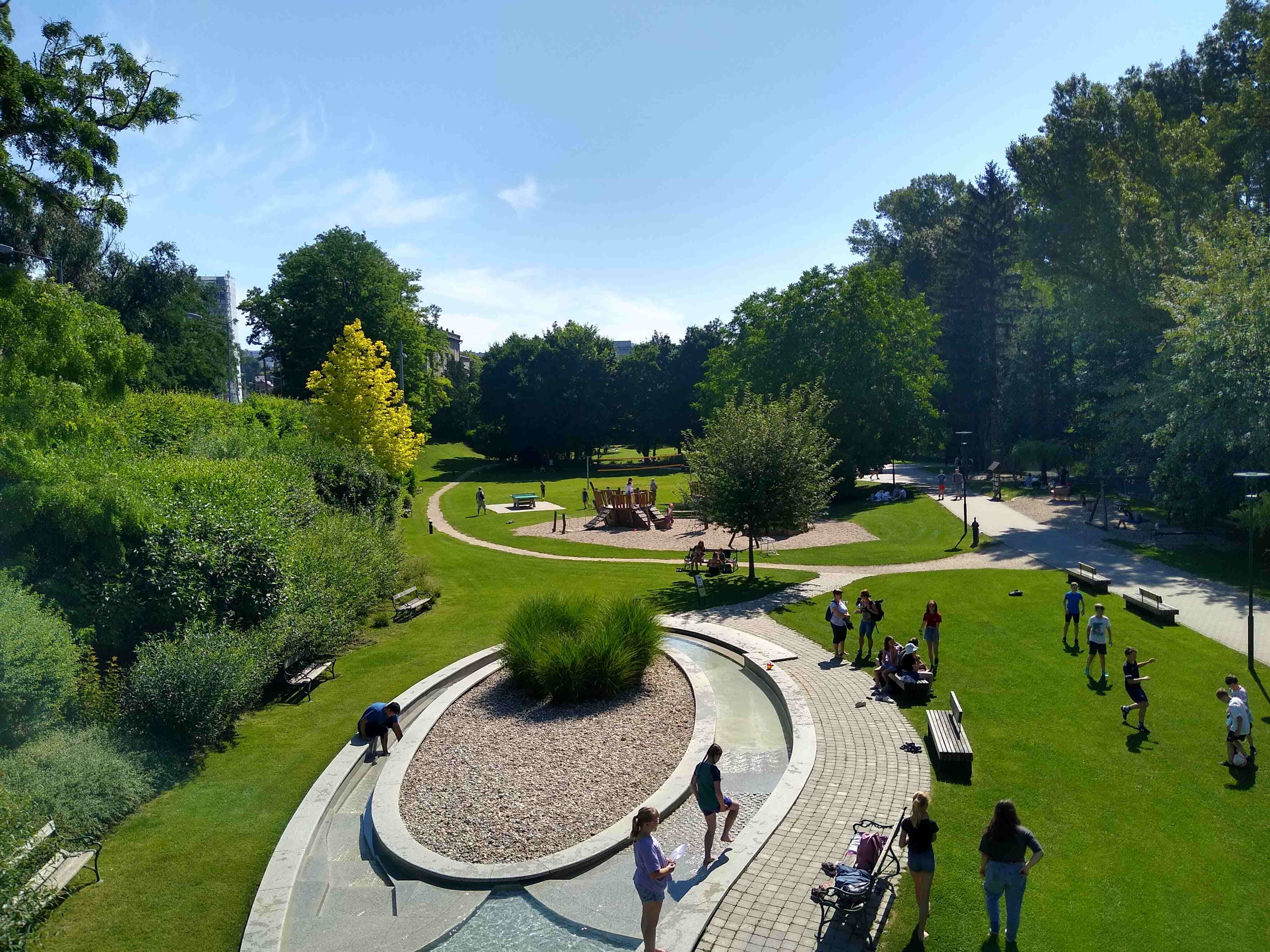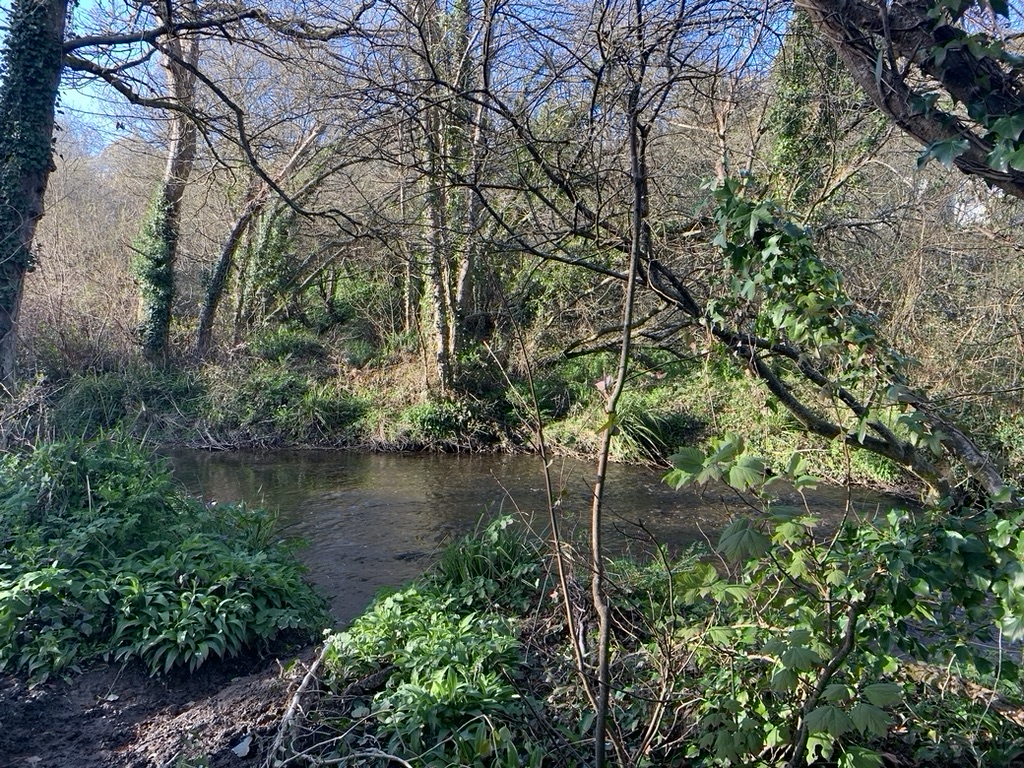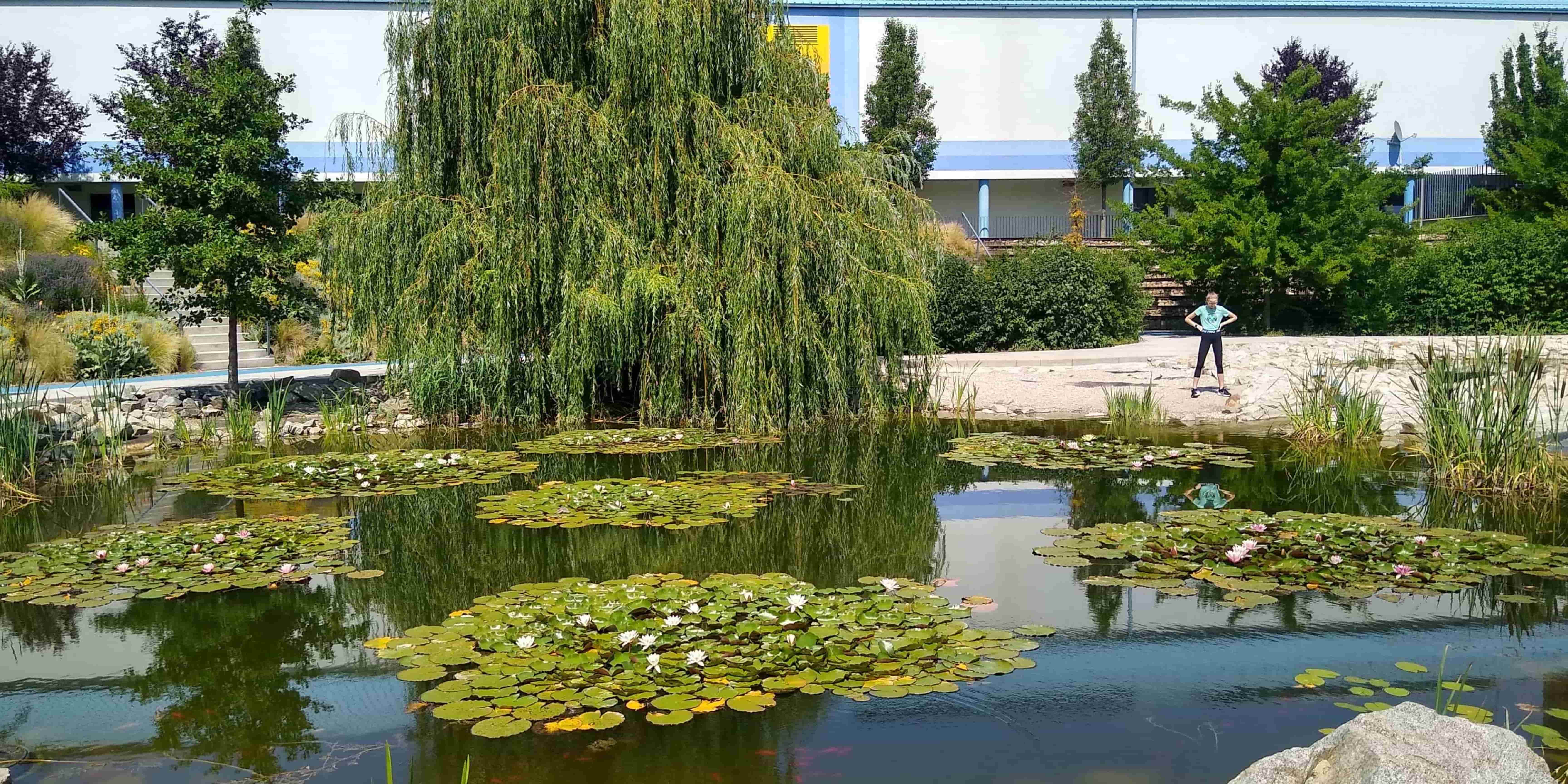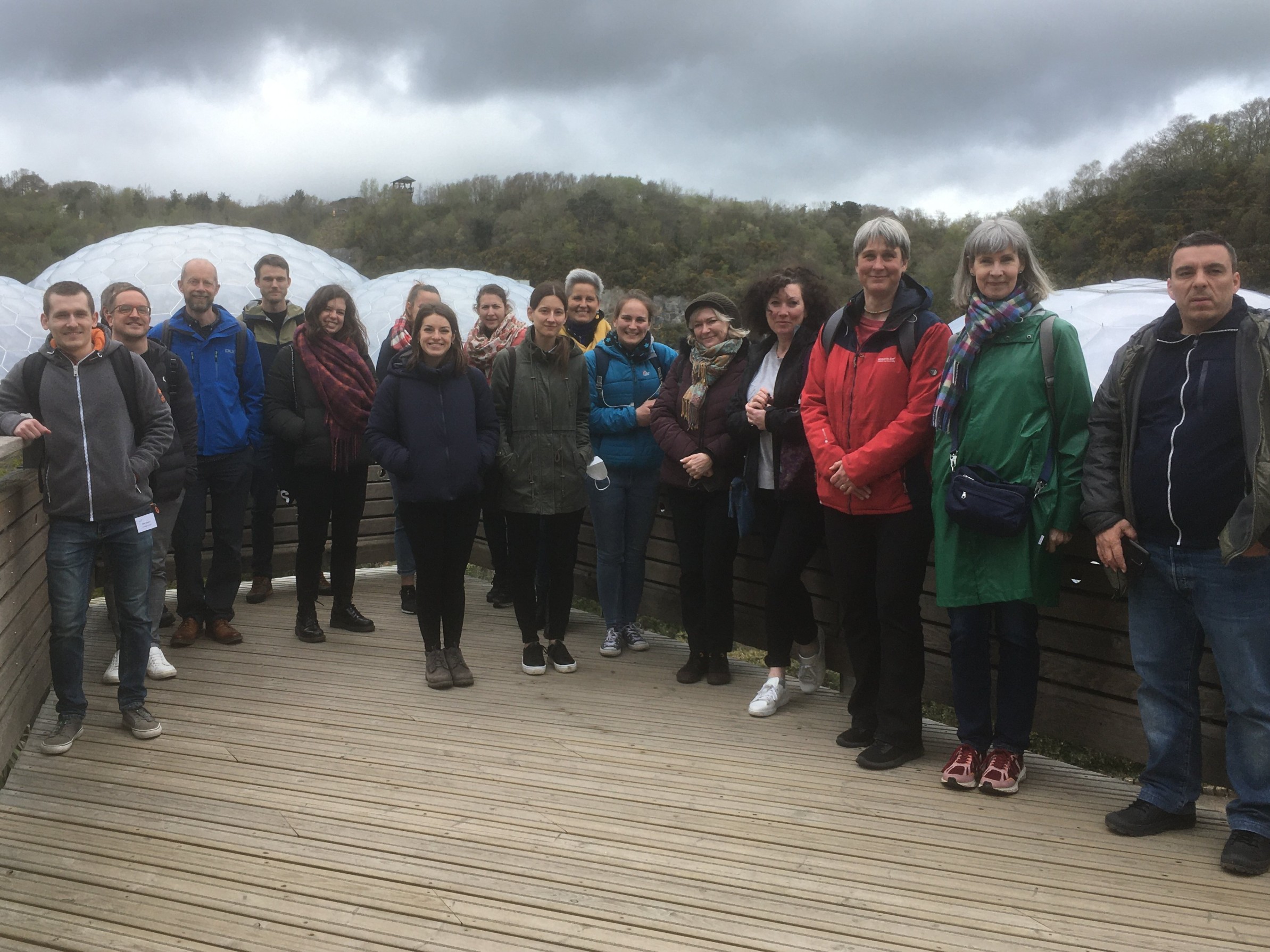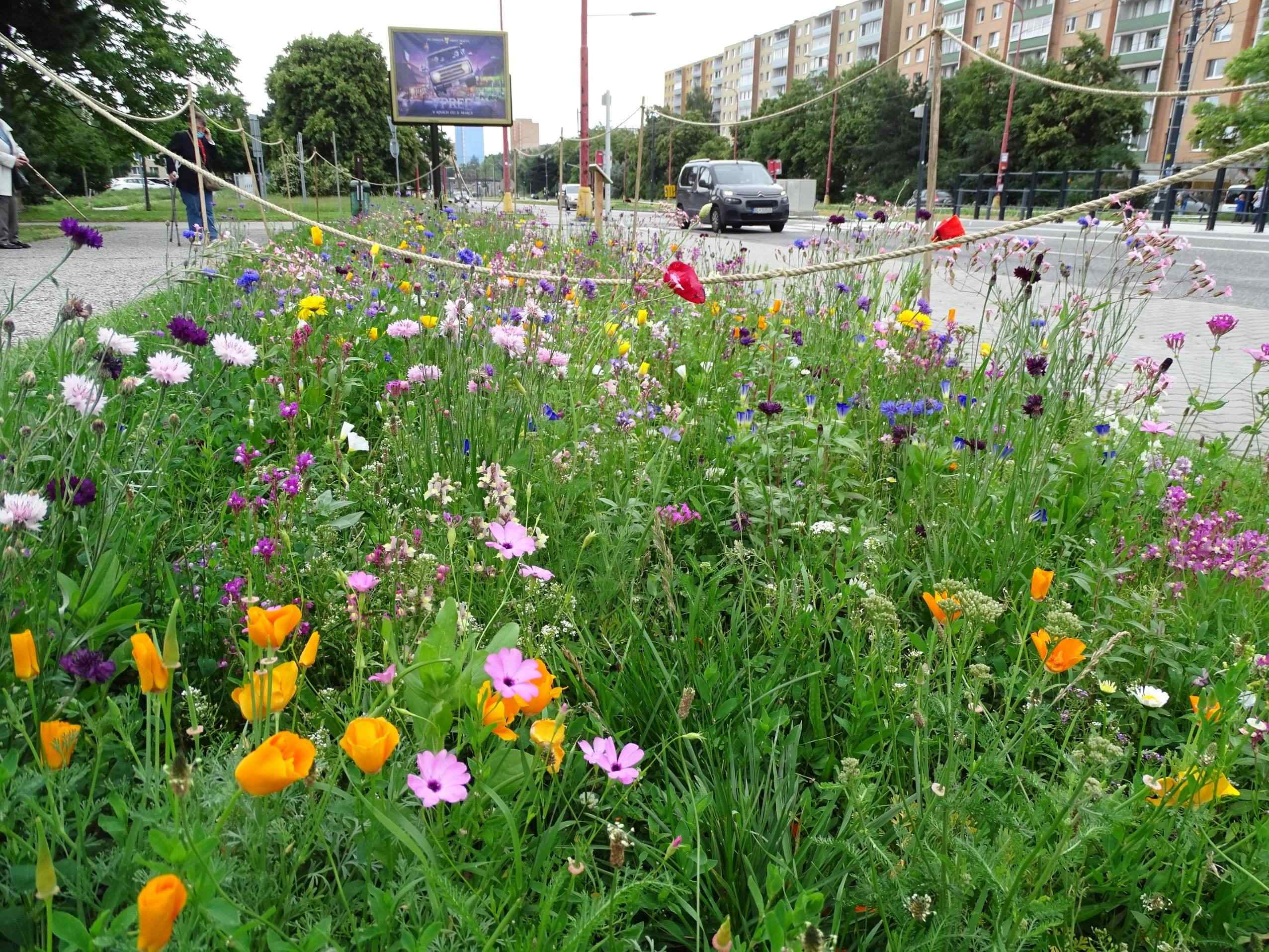On 31 May 2022, the TCPA hosted a PERFECT stakeholder meeting to discuss the England’s Mental Health and Wellbeing plan which was published in April 2022. The aim of the meeting was to provide an opportunity for members of the Green Infrastructure Partnership to share their thoughts on the topics that were raised in the consultation and agree on shared messages to include in formal responses and collate evidence. 18 people attended from 11 organisations.
To set the context, Gemma Hyde (TCPA) presented the policy context and the Government’s call for evidence for the Mental health and wellbeing plan. The Government indicates their commitment to develop a cross-government 10-year plan to improve mental health and wellbeing outcomes, particularly for those who experience worse outcomes than the general. The discussion paper has six sections with related questions. Sections/questions 1 (promote), 2 (prevent), 5 (support), and 6 (next step) relate to GI. The publications Improving access to green infrastructure: A new review for 20202 and What policy makers need to know (IWUN) provide useful evidence to respond to the consultation.
Then, Miriam Dobson (NHS Forest) explained how mental health connects to the work NHS Forest is doing on this topic. Many of their sites are focused on mental health and wellbeing and in the hospital environment for staff, patients and the wider community. Evidence mentioned included Green Walking in Mental Health Recovery: A Guide and Space to Breathe: Valuing green space at NHS sites for staff wellbeing. The NHS is an anchor institution (the idea that hospitals have a responsibility for their local communities). More green spaces lead to faster patient recovery, less need for prescribed medication, green social prescribing, overall better public health and faster recovery.
Then two working groups were formed as outlined below to have a discussion about the key themes of the consultation. Some of the key discussion points include:
1. There is a wealth of evidence that has been available for many years, it is crucial that the Government starts taking stock of the data that reflects on the important value of green infrastructure for mental health.
2. The planning system has a role in enabling access to nature as a key factor to improve people’s wellbeing. This should be as part of a place-based partnership approach to tackle local problems.
3. Projects need to be designed from the ground up recognising what beneficiaries want from the programme. It is crucial to get a range of views from different vulnerable groups and communities to ensure that the mental health strategy fits everyone’s needs.


